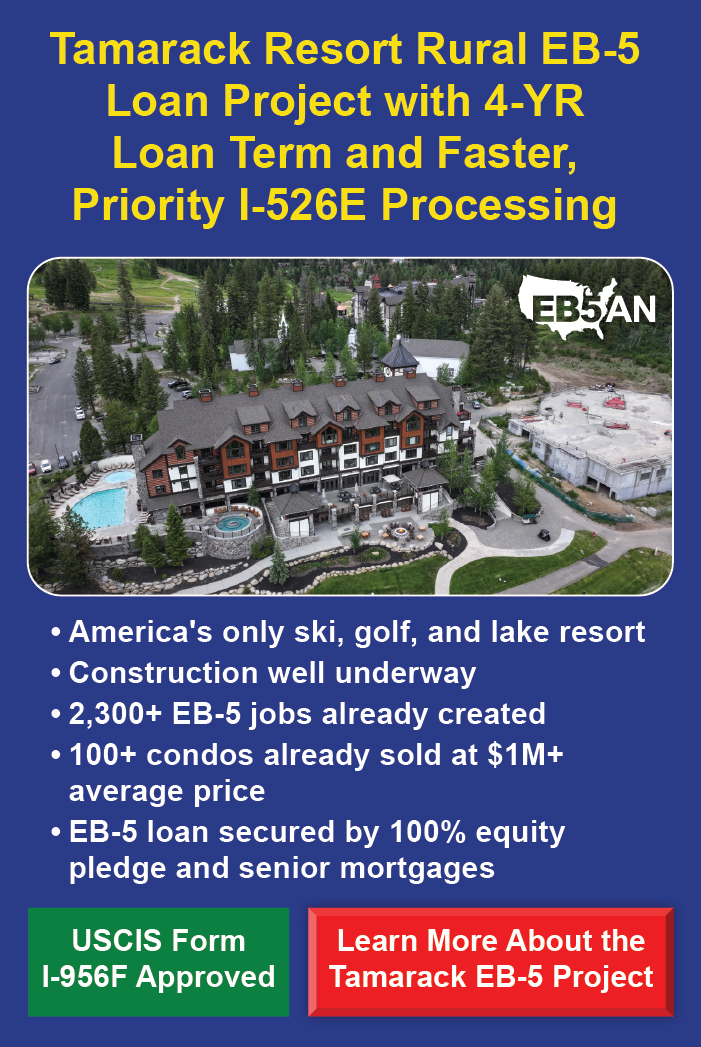
How safe the EB-5 program is for any foreign national depends on the particular project they decide to invest in. Different projects have varying degrees of financial and immigration risk. In general, all EB-5 projects must have some risk attached as they must comply to the at-risk requirement mandated by the program’s regulations. Despite the connotation, the at-risk requirement does not necessitate the selection of a risky, unstable project on the part of the investor but rather that the investment must incur as much likelihood of financial loss as gain.
Before selecting a project to invest in, investors should consider the two primary types of risk: financial risk and immigration risk. Financial risk involves the EB-5 investor’s capital remaining at risk and the chance that their invested amount will not be returned. There is also no guarantee that the investor’s EB-5 investment will result in any form of profit. To mitigate the chances of investing in a fraudulent project, prospective investors should conduct research on the project’s management, specifically the individuals in charge of handling funds.
Immigration risk involves the possibility that the EB-5 investor will not be able to acquire their desired outcome, despite making an investment. There are numerous steps to complete to gain a U.S. green card. First, the investor must file Form I-526E, which will be evaluated by United States Citizenship and Immigration Services (USCIS). If successful, the EB5 investor will receive two-year conditional residency. Upon completion of this period, they must then file and receive approval of Form I-829. When assessing a project for immigration risk, investors should examine whether the project has alternative sources of funding that could serve as backup in case EB-5 funding falls through, and whether the project has exceeded the minimum number of required jobs, thus creating a comfortable job cushion.
The best, most secure projects have almost no immigration risk and minimal financial risk. As such, prospective EB-5 investors are highly encouraged to seek counsel from experienced industry experts and immigration attorneys to carry out due diligence before committing to investing in a project.








